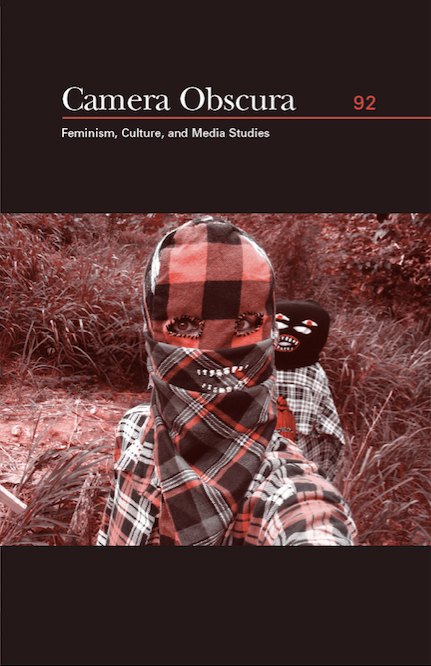In In Practice: Opacities, Camera Obscura: Feminism, Culture, and Media Studies, Volume 31, Number 2 92, ed. Zach Blas, Duke University Press.
In Poetics of Relation, the Martinican philosopher and poet Édouard Glissant insists that we must “clamor for the right to opacity for everyone.” For Glissant, the demand for the right to opacity functions as an ethical stance against imperial conquest and domination. While Glissant theorizes opacity specifically through postcolonial conditions in Martinique, the concept is increasingly deployed in political thought, media studies, queer theory, and art criticism today. Opacity is an unknowability—and, hence, a poetics, for Glissant—that makes up the world, and it must be defended in order for any radically democratic project to succeed. Glissant defines opacity as an alterity that is unquantifiable, a diversity that exceeds categories of identifiable difference. Opacity, therefore, exposes the limits of schemas of visibility, representation, and identity that prevent sufficient understanding of multiple perspectives of the world and its peoples. These limitations are a form of barbarism according to Glissant. Thus, while Glissant’s opacity is an ethical proposition, it also can be understood as an ontological condition and a form of political legitimacy, as well as being fundamentally aesthetic. The texts in this “In Practice” collection emerge from the potential that Glissant’s opacity creates for contemporary feminist and queer politics. In contrast with identity politics’ claim to visibility as a political platform, these writings explore opacity as both a tactic and a material condition in order to address two intertwined concerns of our time: technological control and embodied materiality.

